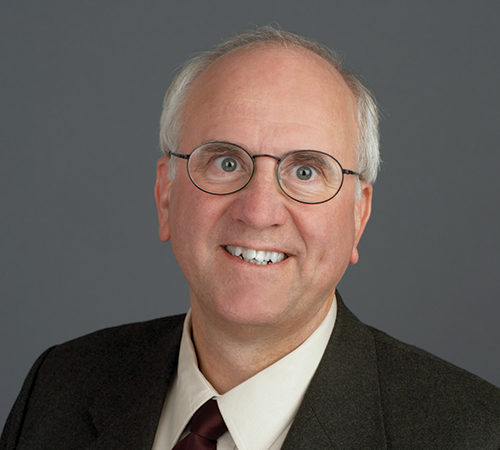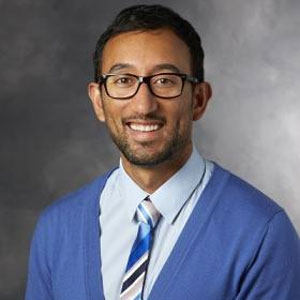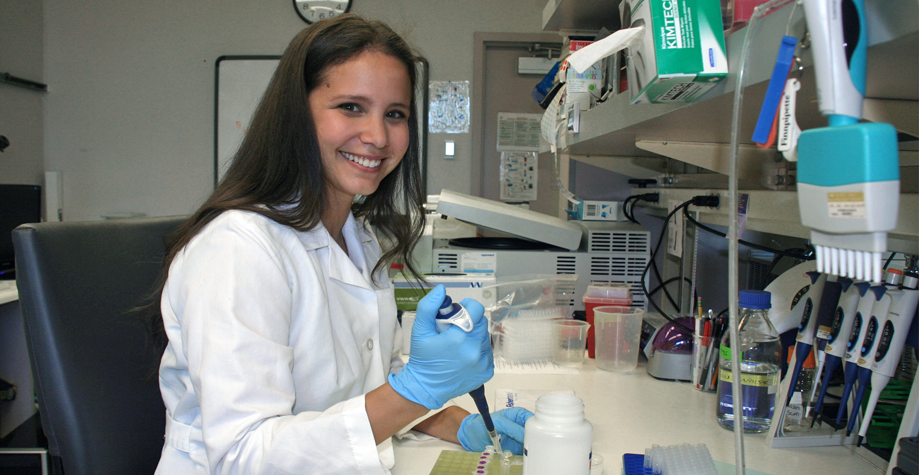Our funders are critical to the realization of SPARK’s mission.
With support and interest in translating academic discoveries, we are able to push academic discoveries into the clinical sectors and help patients in need. Select stories from some of our funders are shown below:
Maternal and Child Health Research Institute

SPARK has a special focus on the often-neglected area of Child and Maternal Health. Support from Stanford’s Child Health Research Institute enables SPARK’s research in this area to flourish. As of 2018, 11 of the projects funded by CHRI have advanced to the clinic or commercial sectors. One example of a supported project is by Brian Kobilka, MD.

Brian Kobilka, MD
Helene Irwin Fagan Chair in Cardiology; Professor of Molecular and Cellular Physiology
Novel Small Molecule Opioid Analgesic with Reduced Side Effects and Abuse Potential
The analgesic effects of opioids are believed to be due to their activation of the Mu opioid receptor (µOR), whereas the potentially lethal side effects of opioids are thought to be mediated by their stimulation of the β-arrestin pathway. The Stanford team and their collaborators have developed novel biased agonists of the mu opioid receptor that have the potential to induce analgesia with reduced side effects. Animal studies show the lead compound is highly effective in alleviating pain while having fewer respiratory and GI side effects as well as reduced abuse potential.
The investigators partnered with investors and started a new company Epiodyne.
Read more about MCHRI here
Spectrum – Stanford Center for Clinical and Translational Research and Education


Alfred Lane, MD
Professor of Dermatology and of Pediatrics at the Stanford University Medical Center, Emeritus
Sildenafil for the Treatment of Lymphatic Malformations
Dr. Alfred Lane was caring for a young child with a large lymphatic malformation when he noted that it shrank dramatically after she was started on sildenafil (the active ingredient in Viagra) for a serious lung condition. With SPARK/Spectrum funding and advocacy that convinced Pfizer to donate the drug, Dr. Lane conducted an open-label study in seven children to evaluate the safety, tolerability, and initial efficacy in pediatric subjects with large lymphatic malformations. Based on the positive results of the open-label study at Stanford, Dr. Lane’s team has been awarded approximately $1.6 million over 4 years from the FDA Office of Orphan Product Development to conduct a placebo-controlled Phase II clinical trial. The study is currently recruiting patients (NCT02335242).
Many popular news outlets, including NBC, SF Gate and US News, reported on the results when his open-label study was published, and patients throughout the world are now receiving sildenafil for large lymphatic malformations.
Read more about Spectrum here
The LEO Foundation
More information coming soon
Read about Leo Foundation here
Stanford Department of Otolaryngology

Peter Santa Maria, MD, PhD
Assistant Professor of Otolaryngology-HNS (Otology and Neurotology) at Stanford University Medical Center
Biomaterial to Treat Chronic Tympanic Membrane Perforation
Dr. Santa Maria’s SPARK project identified a treatment to allow non-surgical healing of perforated ear drums, a common complication of childhood ear infections. This condition affects up to 200 million children and adults throughout the world, with disproportionate impact in the developing world where surgical repair is not available, and results in hearing loss. Dr. Santa Maria’s treatment replaces surgical repair with a single injection of a therapeutic gel into the ear canal.
The team formed a start-up company Auration Biotech to further develop the technology. Astellas has subsequently acquired the rights to develop this therapeutic.
Read about the Department of Otolarynology here
Stanford School of Medicine Dean’s Office


Teresa Purzner, MD
Bio-X Stanford Interdisciplinary Graduate Fellow; Felix And Heather Baker Interdisciplinary Graduate Fellow
Small Molecule For Treatment of Hedgehog- Driven Medulloblastoma
Medulloblastoma is the most common form of pediatric brain cancer. The biochemical pathway driving one subtype of medulloblastoma tumor growth is known, but the current front-line therapy is plagued by rapid emergence of drug-resistant tumors. Dr. Teresa Purzner, a PhD candidate and neurosurgery resident, discovered that inhibition of casein kinase 2, a target that is downstream of current therapies, was effective in resistant tumors. With SPARK support and funding from the Dean’s Office, Dr. Purzner showed that a drug in development for other cancers, CX-4945, inhibited casein kinase 2 and was remarkably effective in prolonging survival in a very rigorous animal model of medulloblastoma.
Dr. Purzner, Senwha Biosciences, and the Pediatric Brain Tumor Consortium are collaborating to initiate a clinical trial in children with medulloblastoma this fall.

